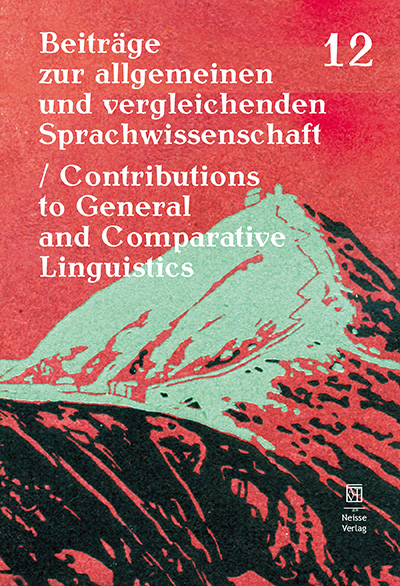The Most Problematic Aspects of American Pronunciation for Polish Learners of English with and without Prior Phonetic Training
The Most Problematic Aspects of American Pronunciation for Polish Learners of English with and without Prior Phonetic Training
Author(s): Paweł LisikSubject(s): Language studies, Applied Linguistics
Published by: Oficyna Wydawnicza ATUT – Wrocławskie Wydawnictwo Oświatowe
Keywords: phonetics; phonology; General American English; Polish; contrastive study
Summary/Abstract: Previous research on the topic of contrastive phonetics and phonology of Polish and English and studies of pronunciation errors focused only on British RP without examining General American (GA). Hence, this paper aims to describe the most problematic pronunciation errors that may be made by a Polish learner of American English as a second language, and it also evaluates the role of explicit training in phonetics received by Polish learners as well as determines whether it is possible for learners without prior phonetic training to adopt certain aspects of pronunciation from a native General American English teacher. Furthermore, this paper focuses on pronunciation errors that are caused by the linguistic contrasts. These aforementioned pronunciation errors are verified through a linguistic experiment, which relies on an analysis of parameters regarded as significantly influencing an accent (such as voicing or aspiration) present in recordings of two groups of ten participants, one consisting of learners with a prior phonetic training, and the other without any phonetic knowledge. The results of the experiment show that the most challenging aspect of GA English pronunciation for less advanced learners is the production of sounds that do not exist in the learners’ native language, whereas for the learners with prior phonetic experience the most problematic are the rules of releasing the plosives. The experiment also indicates that the role of a native speaker in the pronunciation learning process can be beneficial; however, learners require explicit corrective feedback to avoid distortion and negative transfer.
Journal: Beiträge zur allgemeinen und vergleichenden Sprachwissenschaft
- Issue Year: 2023
- Issue No: 12
- Page Range: 131-151
- Page Count: 21
- Language: German

